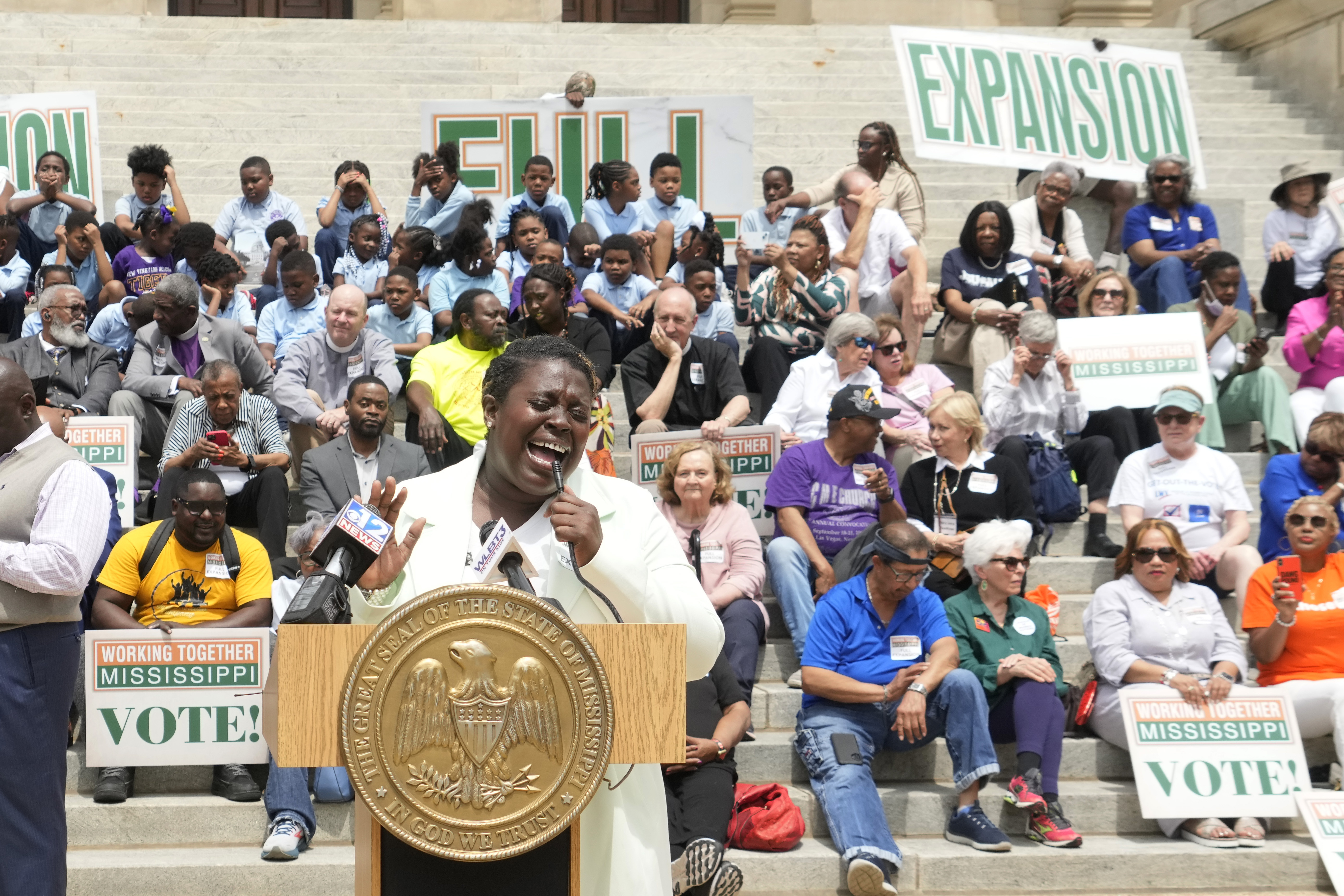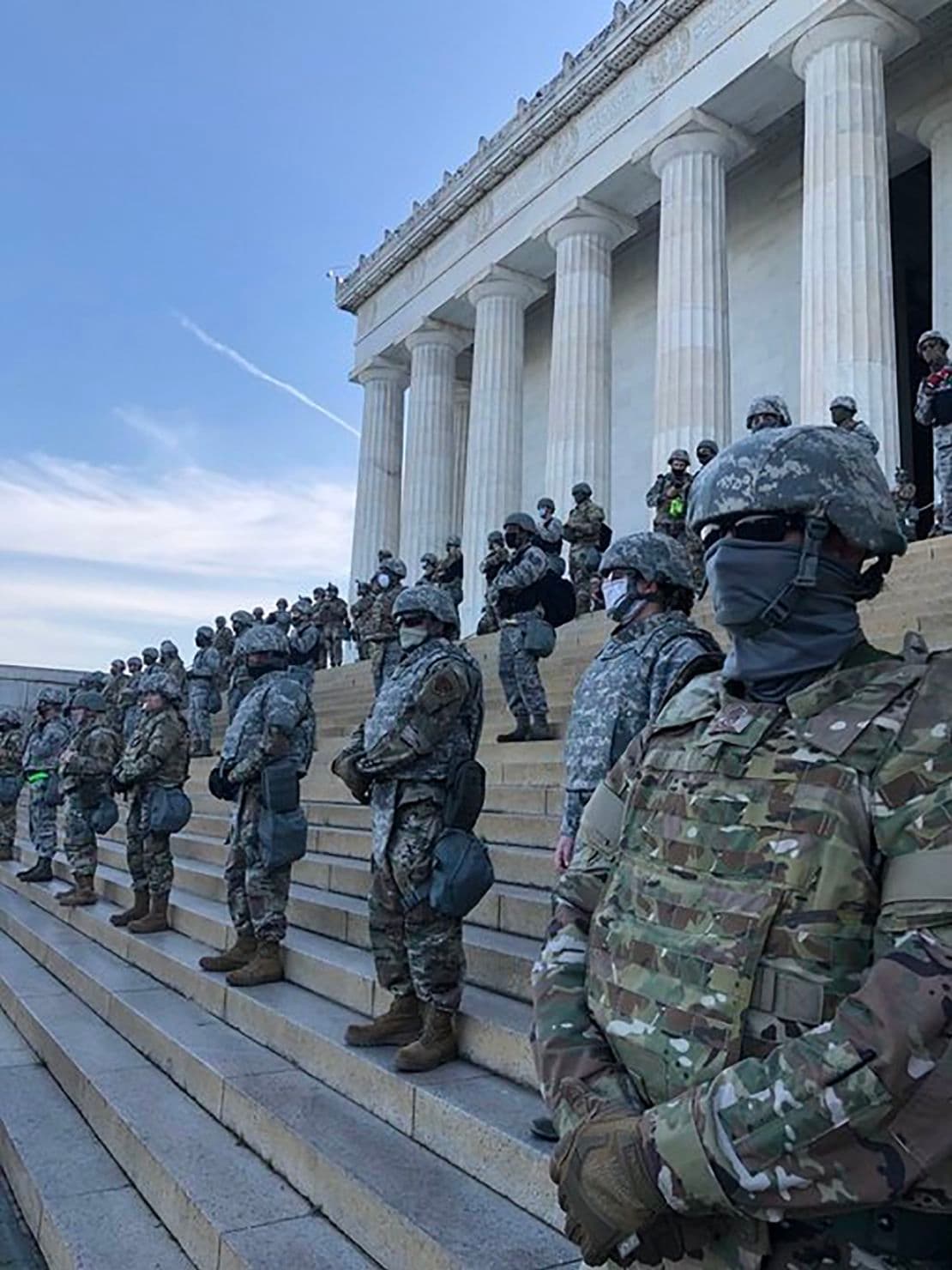On June 23, care workers in Washington D.C. took to the streets, protesting the latest proposed cuts to Medicaid. This isn"t just a bureaucratic maneuver; it"s an assault on the health and lives of millions, especially in rural America. As reported by SEIU, the ramifications of the Trump administration"s $1 trillion cuts to Medicaid are already being felt, and the most vulnerable among us are the first to suffer.
Medicaid Cuts Threaten Lives in North Carolina
North Carolina stands on the brink of disaster, with experts projecting a loss of $32 billion in federal funding over the next decade. According to Kody Kinsley, former secretary of health, the new reconciliation bill could trigger an automatic rollback of Medicaid expansion, leaving over 650,000 newly insured residents without coverage.
Medicaid Expansion Success Story Under Threat
The expansion, which only took effect in December 2023, has already transformed the lives of many residents. But now, those gains are at risk. As the Congressional Budget Office warns, nearly 17 million Americans could lose their health insurance by 2034 due to these cuts. This is not just a statistic; it is a ticking time bomb for families who rely on Medicaid for essential healthcare services.
Healthcare Providers on the Brink
Healthcare providers are sounding alarms as well. Rural hospitals, already struggling to stay afloat, face imminent closure if these cuts are enacted. The Sheps Center for Health Services Research at the University of North Carolina has identified 338 rural hospitals at risk of shutting their doors. As reported by NC Medical Journal, the repercussions of these cuts will force hospitals to restrict vital services, exacerbating the healthcare crisis in rural communities.
Real Stories Behind the Stats
Take, for instance, the story of Amanda Moynihan, a single mother from Kuna, Idaho. Medicaid expansion has allowed her to pursue higher education, transforming her from a struggling individual into a college student on a path to a brighter future. But as the threat of cuts looms, her aspirations hang in the balance, undermined by a system that prioritizes tax cuts for the wealthy over the health of families. As she poignantly stated, "Without stability to pursue higher education, my future would be making the minimum wage."

Meet the man who helped make Medicaid expansion happen: Kody ...
Political Maneuvering and Consequences
This is not merely a financial issue; it"s a moral crisis. The bill has been framed by Republicans as a measure to target "waste, fraud, and abuse," but the reality is starkly different. Most Medicaid beneficiaries who can work do work, and the program itself is one of the most cost-efficient health initiatives in the U.S., according to the American Hospital Association. Instead of reforming a system that already functions effectively for millions, the proposed cuts aim to dismantle it entirely, prioritizing the interests of corporations and wealthy donors.
The Rural Health Crisis Worsens
While urban areas are not immune, rural Americans will bear the brunt of these cuts. Hospitals in states like Kentucky and Arizona are already facing dire financial futures, with estimates suggesting that over half of Arizona"s hospitals could soon be operating in the red. As Holly Ward from the Arizona Hospital and Healthcare Association stated, “Hospitals will be forced to restrict services or close.”
Voices of Resistance Rise
In the face of these proposed cuts, the voices of care workers and advocates are becoming louder. Laurie Stradley, CEO of Impact Health in Asheville, highlights the importance of community-based programs that utilize Medicaid for preventive care. Her organization has managed to save costs while improving health outcomes through innovative interventions, such as replacing moldy rugs in homes to reduce asthma-related emergencies. This is a testament to how Medicaid funds can be used effectively to address social determinants of health.
However, the future of such programs is in jeopardy, with the reconciliation bill threatening to dismantle successful initiatives that save both lives and taxpayer dollars. As noted by Joan Akler, executive director of the Center for Children and Families, this bill represents the largest rollback of healthcare coverage ever seen in the U.S., a move that will disproportionately harm low-income families and individuals.

Why Medicaid expansion failed in Mississippi and Alabama this ...







![[Video] Gunfire between Iraqi security forces and Sadr militias in Baghdad](/_next/image?url=%2Fapi%2Fimage%2Fthumbnails%2Fthumbnail-1768343508874-4redb-thumbnail.jpg&w=3840&q=75)
